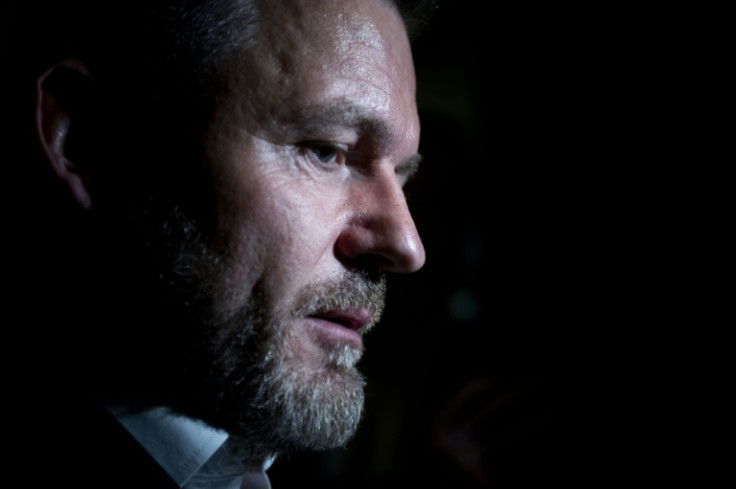Pro-Russia Candidate Peter Pellegrini Wins Slovakia's Presidential Election

Peter Pellegrini, the candidate representing a nationalist-left government, has emerged victorious in Slovakia's presidential election, defeating Ivan Korčok, the liberal, pro-Western opposition candidate.
Peter Pellegrini, a close ally of populist Prime Minister Robert Fico, has clinched victory in Saturday's runoff election with 53.85% of the vote, as per the Statistics Office's tally from over 98% of polling stations. His opponent, former Foreign Minister Korčok, trailed with 46.14%, reported Reuters.
Fico, who assumed power for the fourth time last October, has shifted the country's foreign policy towards more pro-Russian stances. He has also spearheaded reforms in criminal law and the media, raising concerns about the potential erosion of the rule of law. Pellegrini had earlier temporarily distanced himself from Fico following the electoral defeat of the scandal-ridden Smer party in the 2020 election.
Pellegrini, 48, emphasized that his victory signifies backing for the government's goals, aiming to prevent the emergence of an "opposition, opportunistic power center" similar to the outgoing liberal president, Zuzana Čaputová.
"I will be a president who will support the government in its efforts for improving people's lives," Pellegrini said at his campaign headquarters as quoted by the BBC.
Korčok gracefully conceded defeat and extended congratulations to the winner. "I'm disappointed," he remarked, while also expressing his respect for the outcome.
Pellegrini has become Slovakia's sixth president since the country gained independence following the split of Czechoslovakia in 1993. He will take over from Zuzana Čaputová, who served as the country's first female head of state. Čaputová, known for her strong support of neighboring Ukraine in its struggle against Russia's invasion, announced last June that she would not seek re-election, citing death threats she had received.
While Slovak presidents lack extensive executive powers, they do possess the authority to veto legislation or challenge it in the constitutional court. Additionally, they play a crucial role in appointing constitutional court judges, whose decisions could hold significant weight in political disputes, especially regarding Prime Minister Fico's proposed reforms, which seek to significantly lessen penalties for corruption.
Dissenting voices fear that Slovakia, under Prime Minister Fico's administration, might deviate from its pro-Western stance and adopt a trajectory more aligned with Hungary's under its populist prime minister, Viktor Orbán.
In response to this shift, the new government has immediately halted all arms deliveries to Ukraine. Recent protests across Slovakia have drawn thousands of demonstrators expressing opposition to Fico's pro-Russian policies and other government initiatives, including proposed amendments to the penal code and efforts to exert control over public media.
© Copyright IBTimes 2024. All rights reserved.






















